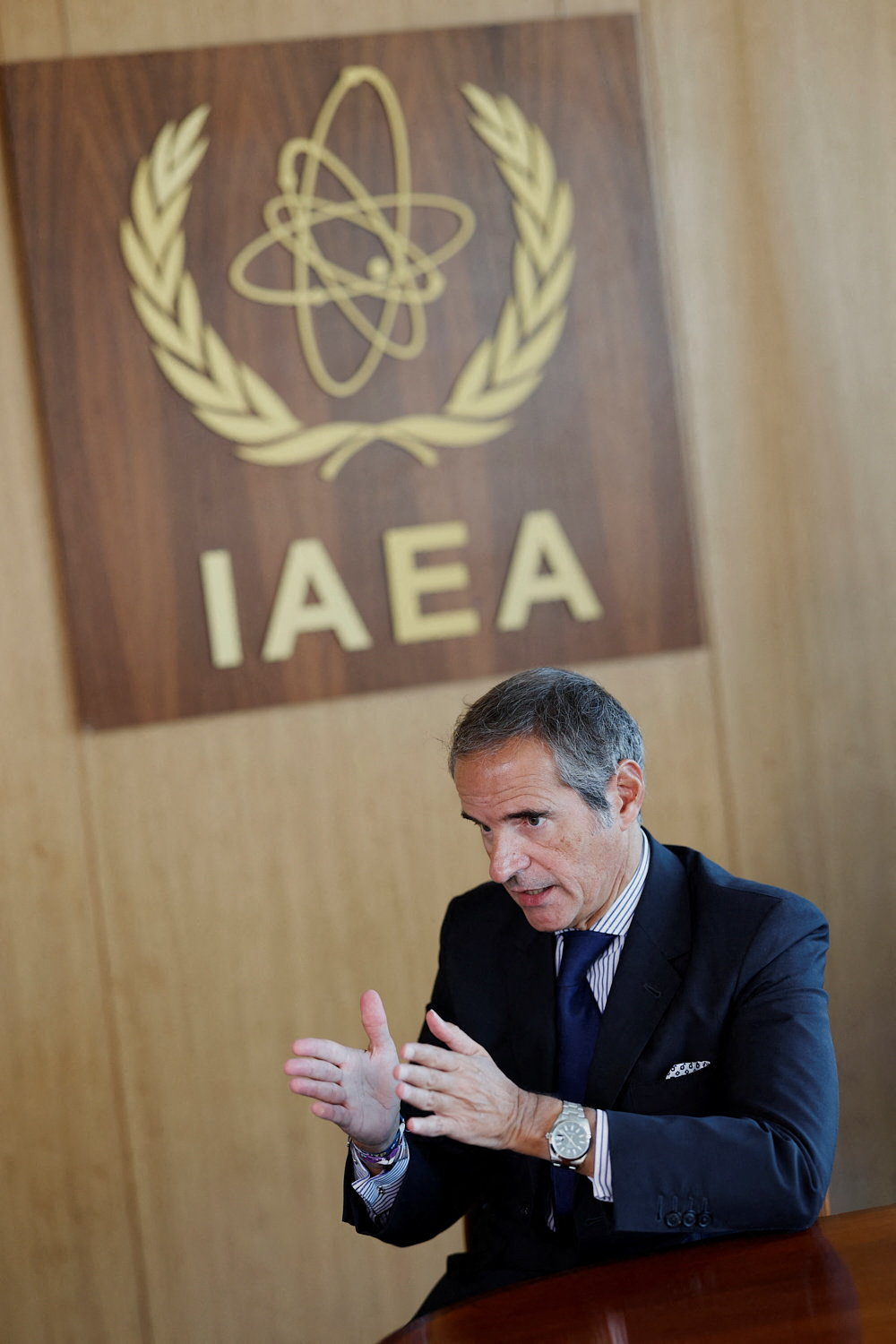Talks on resuming International Atomic Energy Agency (IAEA) inspections of Iran’s nuclear sites have made progress, but its chief warned that there was “not much” time remaining.
On Monday, the director general of the United Nations nuclear watchdog, Rafael Grossi, told the 35-nation IAEA Board of Governors in Vienna, Austria, that “Progress has been made”.
“It is my sincere hope that within the next few days it will be possible to come to a successful conclusion of these discussions,” Grossi said, adding: “There is still time, but not much.”
He did not elaborate on what the timeframe meant exactly.
While Tehran allowed inspectors from the IAEA into Iran at the end of August, the Ministry of Foreign Affairs said no agreement had been reached on the resumption of full cooperation with the watchdog.
Following a 12-day war, which saw Israel and the United States bomb cities across Iran, as well as Fordo, Natanz and Isfahan nuclear facilities, in June, Tehran decided to change its cooperation with the IAEA.
Iran expressed anger at the IAEA for paving the way for Israel’s attack by censuring the country the day before Israel struck with a damning report in May that declared that Tehran was in breach of the Treaty on the Non-Proliferation of Nuclear Weapons (NPT).
Fury then followed when the watchdog did not condemn Israeli or US attacks. In July, Iran passed a law suspending cooperation with the agency.
Within the law, any future inspection of its nuclear sites needs approval by Iran’s Supreme National Security Council.
However, last week, Grossi told the Reuters news agency in an interview that the board was pushing for a deal to inspect Iranian sites, including those targeted by Israel and the US.
Grossi confirmed that the IAEA had no information from Iran on the status or whereabouts of its stock of highly enriched uranium since Israel’s attacks on June 13.
“I believe there is a general understanding that by and large, the material is still there. But, of course, it needs to be verified. Some could have been lost,” he said.
“We don’t have indications that would lead us to believe that there has been major movement of material,” Grossi added.
Late last month, France, Germany and the United Kingdom triggered a mechanism to reimpose sanctions on Iran after a series of meetings failed to reach an agreement on the Iranian nuclear programme.
The three European countries, known as the E3, had been warning Tehran for weeks that UN sanctions could be reimposed by October when a 2015 nuclear agreement between Tehran and major powers expires.

